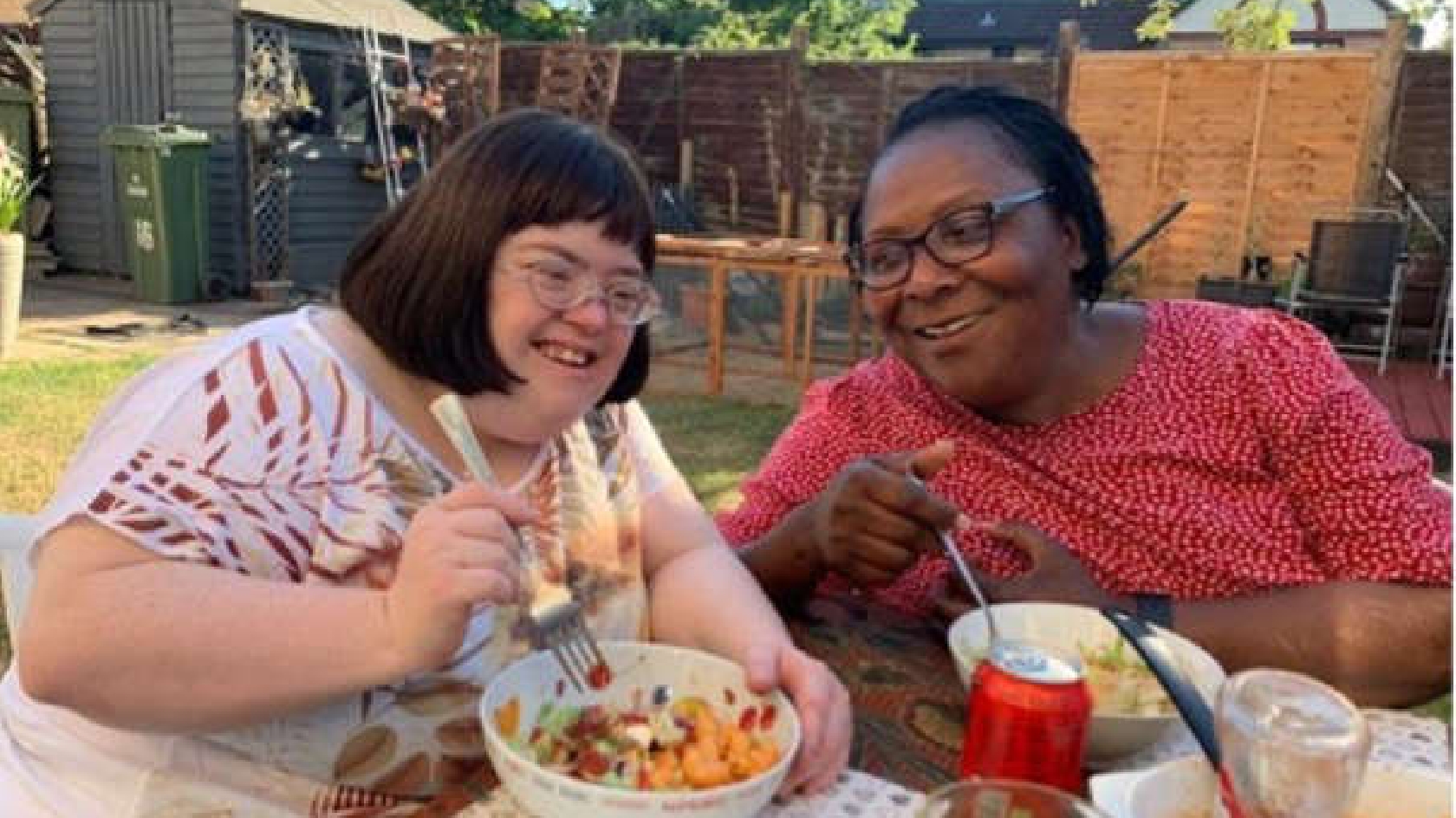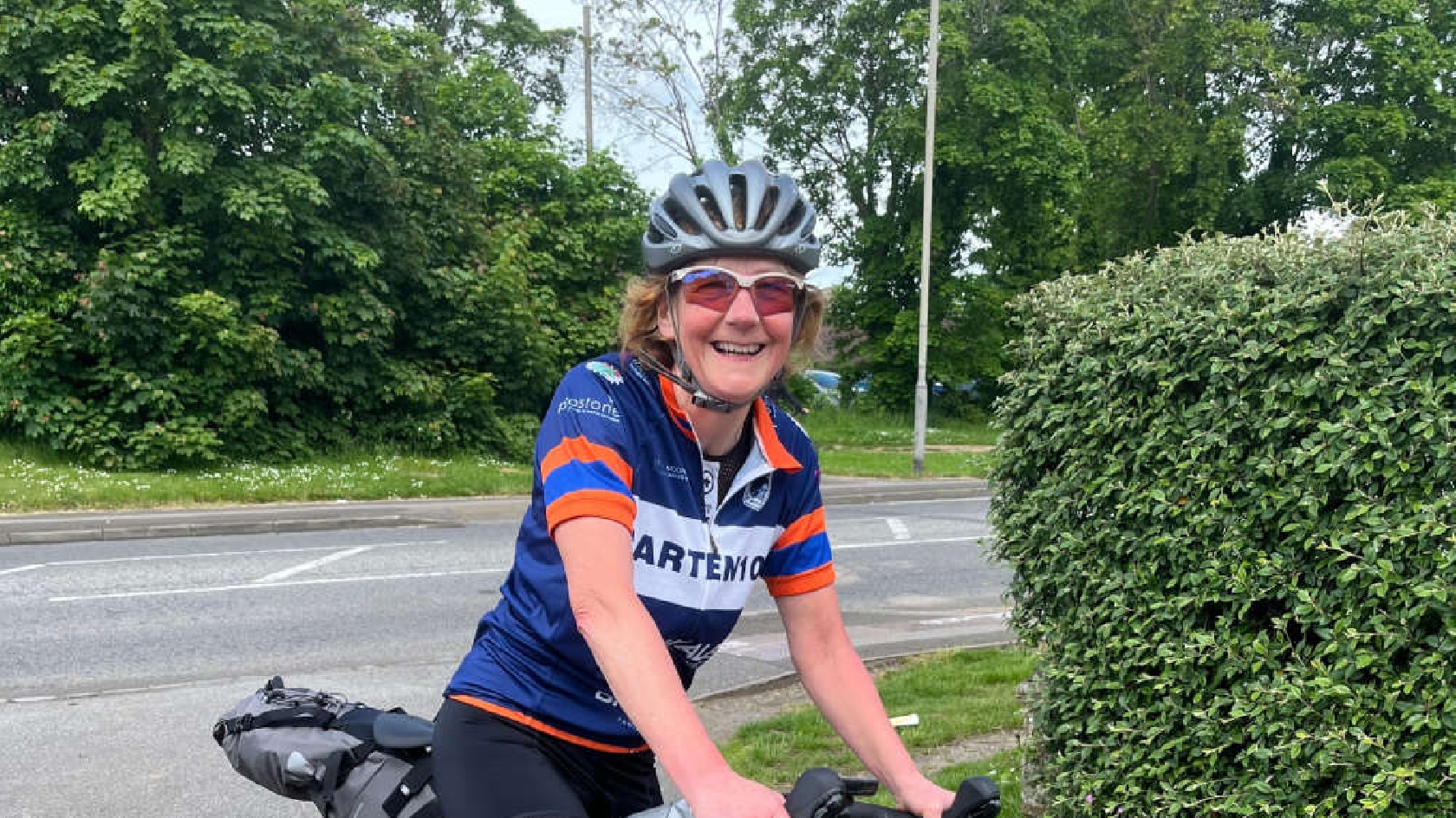
Everyone will have evenings where they find it hard to fall asleep, but here are some steps you can take to get a better night's sleep.
Keep regular sleep hours
Going to bed when you feel tired and getting up at roughly the same time helps teach your body to sleep better. Try to avoid napping where possible.
Confront sleeplessness
If you are lying awake unable to sleep, do not force it. Get up and do something relaxing for a bit, and return to bed when you feel sleepier. Where possible, try to avoid looking at your phone screen roughly an hour before you head to sleep.
Create a restful environment
Dark, quiet and cool environments generally make it easier to fall asleep and stay asleep.
Write down your worries
If you often lie awake worrying about tomorrow, set aside time before bed to make a list for the next day. This can help put your mind at rest.
Move more, sleep better
Being active can help you sleep better. Remember to avoid vigorous activity near bedtime if it affects your sleep.
Put down the pick-me-ups
Caffeine and alcohol can stop you from falling asleep and prevent deep sleep. Try to cut down on alcohol and avoid caffeine close to bedtime.
For more information on how to combat sleeping difficulties, check out the official NHS guide by clicking here.















